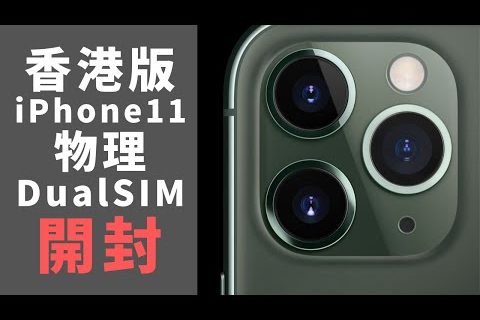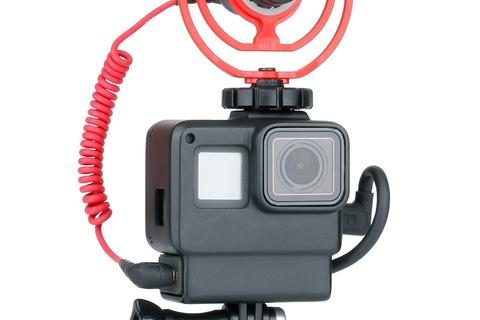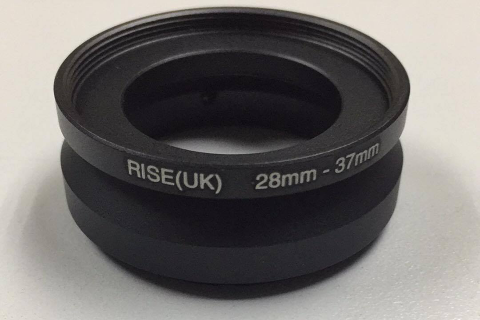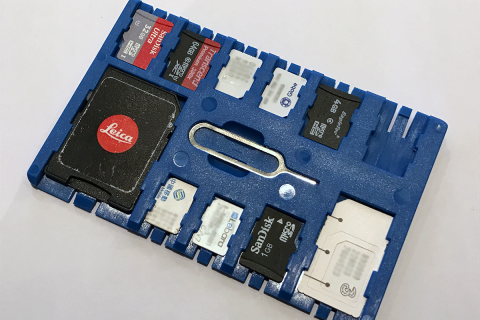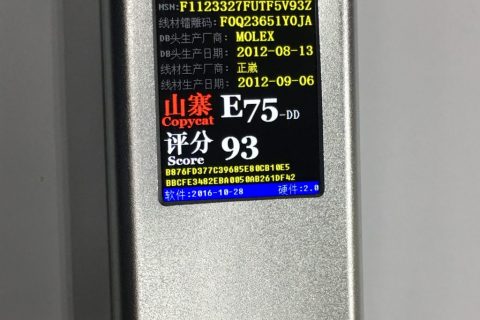個人情報保護法で最近騒がれてますが、携帯電話で流れる情報で面白い情報を見つけました。
はっきり言ってしまえば、AT&TはNSA, MPAA, 及びRIAAの為に顧客の回線のスパイ・監視を行うとの事。
それようにソフトを今作っているようです。コレにより、AT&Tのネットワーク上に流れる情報はすべて監視され、危ないと疑いがあればNSA, MPAA, 及びRIAAに通報・情報開示するとの事。
うーん。私は別に隠すような情報はサイトに乗っけてませんが・・・。どうなんでしょう。隠れた場所でやってくれればもうちょっと気分的に楽ですが・・・。どうなんでしょう。やっぱ自分で暗号化ソフトつくるしかないですかね。(私はできませんが・・)
Appendix…
AT&T willing to spy for NSA, MPAA, and RIAA
By Nate Anderson | Published: June 13, 2007 – 10:13AM CT
In a move that has executives from movie studios and record labels grinning from ear to ear, AT&T has announced that it will develop and deploy technology that will attempt to keep pirated content off its network. The move is spurred in part by the company’s decision to offer IPTV television service as part of its U-Verse package, AT&T senior VP James W. Cicconi told the Los Angeles Times.
The first step for AT&T is coming up with a technological solution that works: something that can effectively filter out illicit traffic while protecting its users’ privacy. That’s a tall—if not impossible—order. YouTube hasn’t managed to do it even for video yet, and that’s when customers are sending them entire files which they can scan at their leisure. Monitoring all the files sent through BitTorrent—which splits them into tiny pieces—could be even more difficult; doing it in real-time sounds both expensive and impossible.
Without human intervention, it’s also tough to tell if copyrighted content is even “piracy.” Fair use carves out exceptions for news reporting, criticism, and commentary (among other things) which is nearly impossible for a machine to understand in context.
Despite the major technical problems inherent in such a program, AT&T is moving ahead. By making themselves into the arbiters of copyright law, the company risks being drawn into a costly “arms race” with programmers who don’t like the idea of a massive corporation (and one which appears to have turned over information to the NSA) peeking into their packets and deciding which ones go through.
This is exactly the situation that Dr. Greg Jackson, CIO of the University of Chicago, warned Congress about last week. “The only successful, robust way to address problems that involve personal responsibility and behavior is with social rather than technological tools,” he said in a hearing. “If we instead try and restrict behavior technologically… the only result will be an arms race that nobody wins.”
There’s a certain creepiness to having one of the country’s largest IP networks doing deep packet inspection and monitoring, but consumers who value their privacy can always go somewhere else, right? Not necessarily. In addition to running a massive network of its own, AT&T runs a good chunk of the backbone infrastructure in the US. It’s a rare bit of traffic that can make it to its destination without passing on to an AT&T-owned network. If the company deploys its anti-piracy technology to all data passing through its networks, AT&T’s “solution” could affect most US Internet users. In addition, many US residents have limited broadband choices.
The company says it will target only repeat offenders and that it will not violate user privacy or FCC directives on network openness. Who knows how this is all supposed to work, especially as legal, unencrypted files flow across the Internet from sites like iTunes and eMusic, along with thousands of smaller sites that serve as promotional vehicles for independent bands and filmmakers? We suspect that AT&T will start small, deploying some sort of P2P solution that looks for the transfer of unencrypted Hollywood blockbusters and major-label bands in complete form.
The most likely scenario is the deployment of new traffic-shaping hardware that can tell what protocol is being used by watching packets (but without doing deep inspection). Only those using BitTorrent, FTP, or other targeted protocols would receive deeper scrutiny; e-mail and web requests should remain private in such a system. Given AT&T’s size, though, even in an almost-perfect system could cause problems. Assuming (and this is a big assumption) that whatever solution they roll out works with 99.5 percent accuracy, then AT&T will still have a 0.5 percent false positive rate. That’s pretty good, but 0.5 percent of a gazillion users is still plenty of users. The company’s focus on “repeat offenders” may be a way of avoiding this problem by only flagging users who share illicit files multiple times and are unlikely to be falsely flagged in every case.
All of this appears to be in the talking stages for the moment, though, so we’ll have to wait awhile to find out exactly how Big Brother-ish it turns out to be. What it does indicate is that AT&T, once just a network provider, has recognized the importance of content to its own business. “We do recognize that a lot of our future business depends on exciting and interesting content,” Cicconi told the Times.
